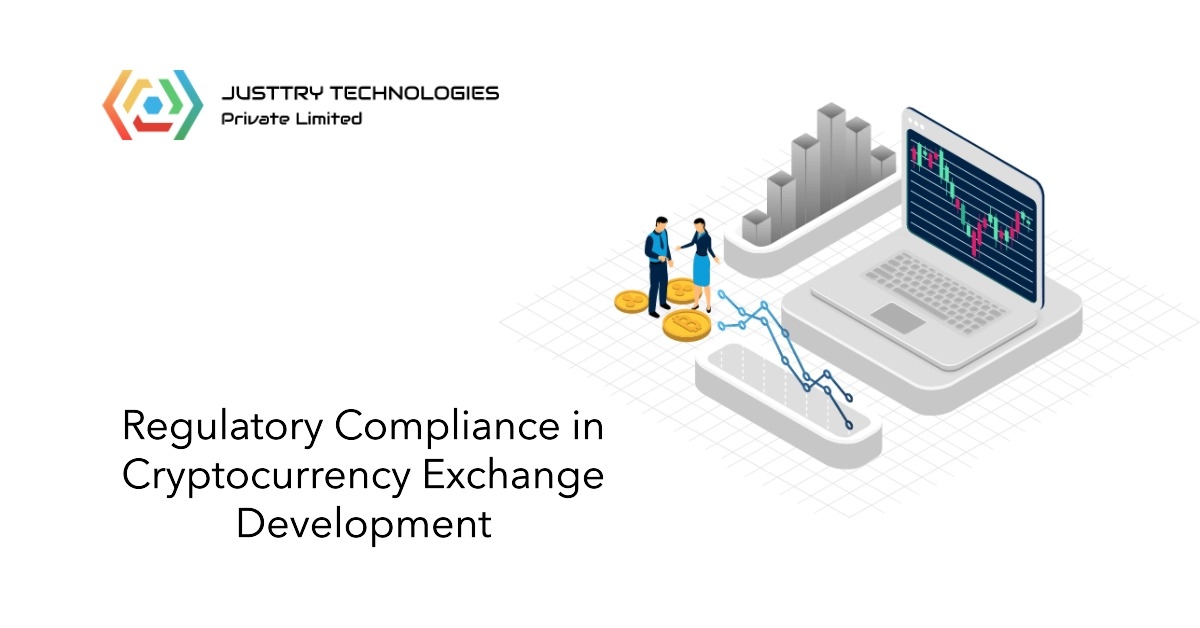How people invest, trade, and interact with financial ecosystems. With this transformation comes unprecedented opportunity but also heightened scrutiny from regulators worldwide. A digital currency exchange that fails to adhere to compliance standards risks penalties, reputational collapse, or even closure. For a crypto business, regulatory compliance is more than a legal formality; it is the lifeline that safeguards investors, nurtures trust, and enables sustainable growth in a volatile market.
What is the Regulatory Landscape for Cryptocurrency Exchanges
The regulatory landscape for cryptocurrency exchange development is fragmented, complex, and continually evolving. Some jurisdictions embrace digital assets, crafting forward-thinking regulations that promote innovation, while others impose stringent restrictions that hinder expansion. The United States, for instance, emphasizes anti-money laundering (AML) and securities compliance, placing exchanges under strict oversight.
In contrast, the European Union has introduced the Markets in Crypto Assets (MiCA) framework, aiming to harmonize rules across member states. Meanwhile, Asian markets reflect a spectrum of approaches, from supportive environments in Singapore to restrictive policies in countries like China.
For a crypto trading platform, this patchwork of regulations means adaptability is essential. Successful exchanges must anticipate changes and maintain a compliance-first approach rather than treating regulation as a reactive obligation.
Key Compliance Challenges in Crypto Exchange Development
Among the most pressing challenges for exchanges are the requirements around AML and Know Your Customer (KYC) procedures. These safeguards demand rigorous identity verification and monitoring to prevent illicit activities such as money laundering, terrorist financing, or fraudulent transactions. Exchanges that neglect these measures quickly become targets for both criminal exploitation and regulatory intervention.
Another obstacle lies in data protection. Frameworks like the General Data Protection Regulation (GDPR) in Europe place significant emphasis on user privacy. Exchanges are expected to handle sensitive data with strict encryption standards, secure storage, and transparent consent mechanisms. Moreover, the cross-border nature of digital currency exchange adds further complexity. Varying rules across regions can create operational roadblocks, making it crucial for cryptocurrency development services to anticipate jurisdictional nuances.
Importance of Licensing and Registration
Licensing provides legitimacy in the cryptocurrency ecosystem. Without proper registration in relevant jurisdictions, exchanges risk being branded as unlawful, deterring both investors and institutional partners. Regional approvals from financial watchdogs such as the U.S. Securities and Exchange Commission (SEC) or the UK’s Financial Conduct Authority (FCA) serve as crucial stamps of credibility.
Beyond legal recognition, licensing reassures users that their chosen platform adheres to high standards of governance. A licensed crypto trading platform is more resilient, less likely to encounter legal disputes, and more attractive to institutional capital seeking regulatory certainty.
Building Secure and Transparent Infrastructure
At the heart of compliance is infrastructure built with transparency and accountability in mind. Exchanges that embed AML and KYC systems directly into onboarding create a seamless yet secure environment for new users. By maintaining immutable transaction records, platforms demonstrate their willingness to cooperate with regulators while simultaneously instilling confidence in customers.
Transparency also extends to the safeguarding of assets. Multi-signature wallets, encrypted databases, and robust cybersecurity protocols all play a role in ensuring that compliance is not limited to paperwork but becomes ingrained in the very fabric of cryptocurrency exchange software development.
The Role of Audits and Continuous Monitoring
Regulatory compliance is not a one-time achievement it is an ongoing responsibility. Internal audits allow a crypto business to assess vulnerabilities before they evolve into liabilities. Complementing this are third-party audits, which bring impartial validation to an exchange’s operations, reinforcing credibility in the eyes of regulators and users alike.
Continuous monitoring is equally indispensable. Automated surveillance tools that track irregular patterns or suspicious transactions in real-time help exchanges respond proactively rather than reactively. In an environment where digital threats are relentless, vigilance is both a shield and a regulatory necessity.
Leveraging Technology for Compliance Automation
Technology plays a pivotal role in simplifying compliance. Smart contracts can embed legal requirements directly into digital transactions, ensuring transparent and rule-abiding execution. Artificial intelligence enhances fraud detection by identifying anomalies faster than traditional monitoring methods. Meanwhile, blockchain’s immutable nature itself assists regulators in tracing financial activity with unprecedented accuracy.
When integrated effectively, these tools transform decentralized exchange development into a future-proof ecosystem that is not only innovative but also regulatory-ready.
Choosing the Right Cryptocurrency Development Company
Ensuring compliance requires expertise that extends beyond coding and infrastructure. A cryptocurrency development company with proven experience can provide the frameworks and strategic insight needed to build exchanges that meet both user expectations and legal mandates. The right partner offers much more than technical skills; it provides guidance on licensing, regional compliance, and scalable architecture designed for long-term viability.
Justtry Technologies exemplifies this approach. As a trusted cryptocurrency exchange development company, it combines technical excellence with compliance-focused solutions, creating platforms that balance innovation with security. With proficiency in cryptocurrency exchange software development, Justtry Technologies empowers businesses to enter global markets without compromising on regulatory obligations.
Conclusion
The world of cryptocurrency is dynamic, fast-paced, and full of potential. Yet without compliance, even the most sophisticated crypto exchange development project is vulnerable to collapse. Licensing, data protection, audits, and technological innovation all form the pillars of regulatory readiness.
Beyond shielding against legal risks, compliance fosters transparency, instills confidence, and paves the way for long-term prosperity. Ultimately, the success of any digital currency exchange rests not only on innovation but also on its ability to align with the evolving legal frameworks of the global financial system.
The real question remains: can a crypto business truly thrive without a wavering commitment to regulatory compliance?


